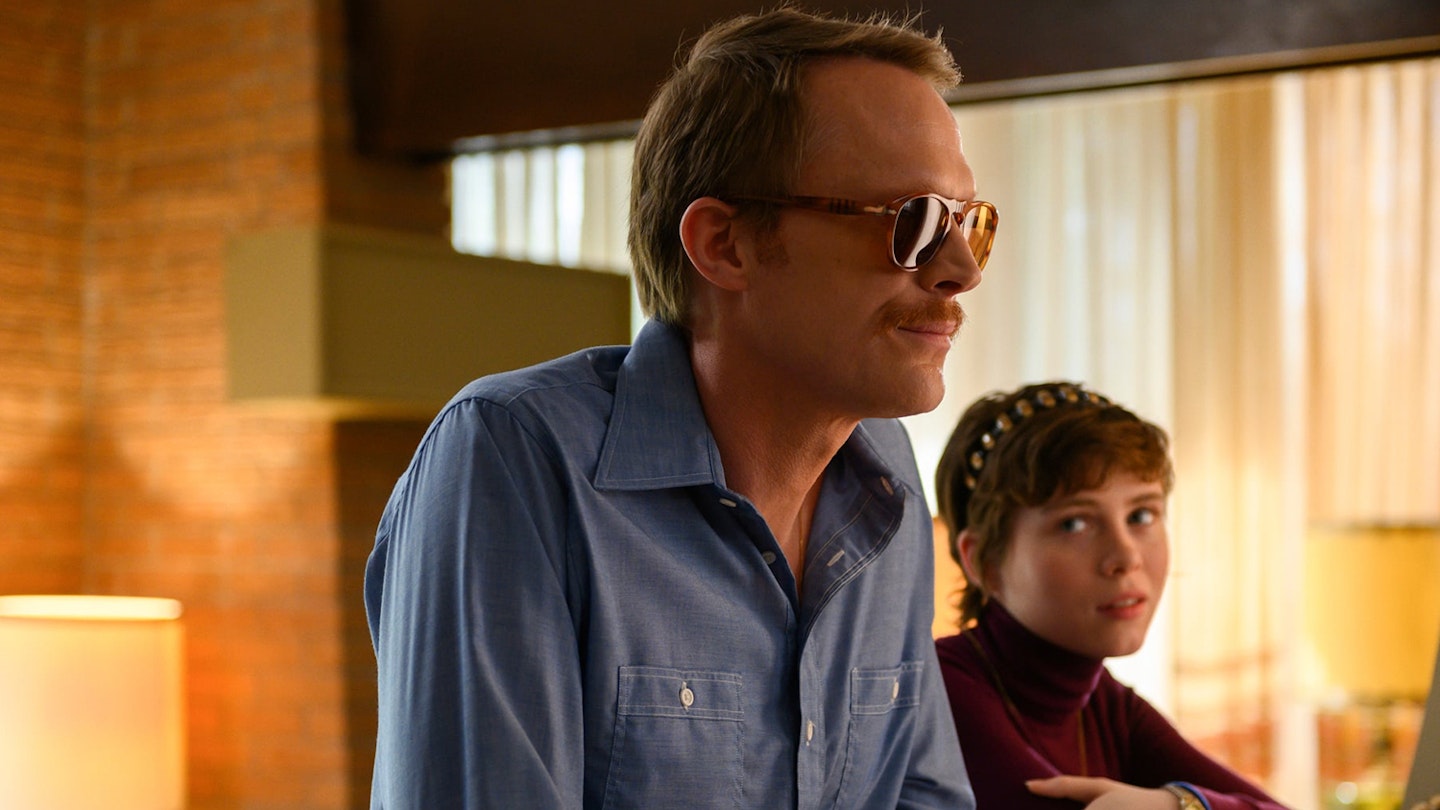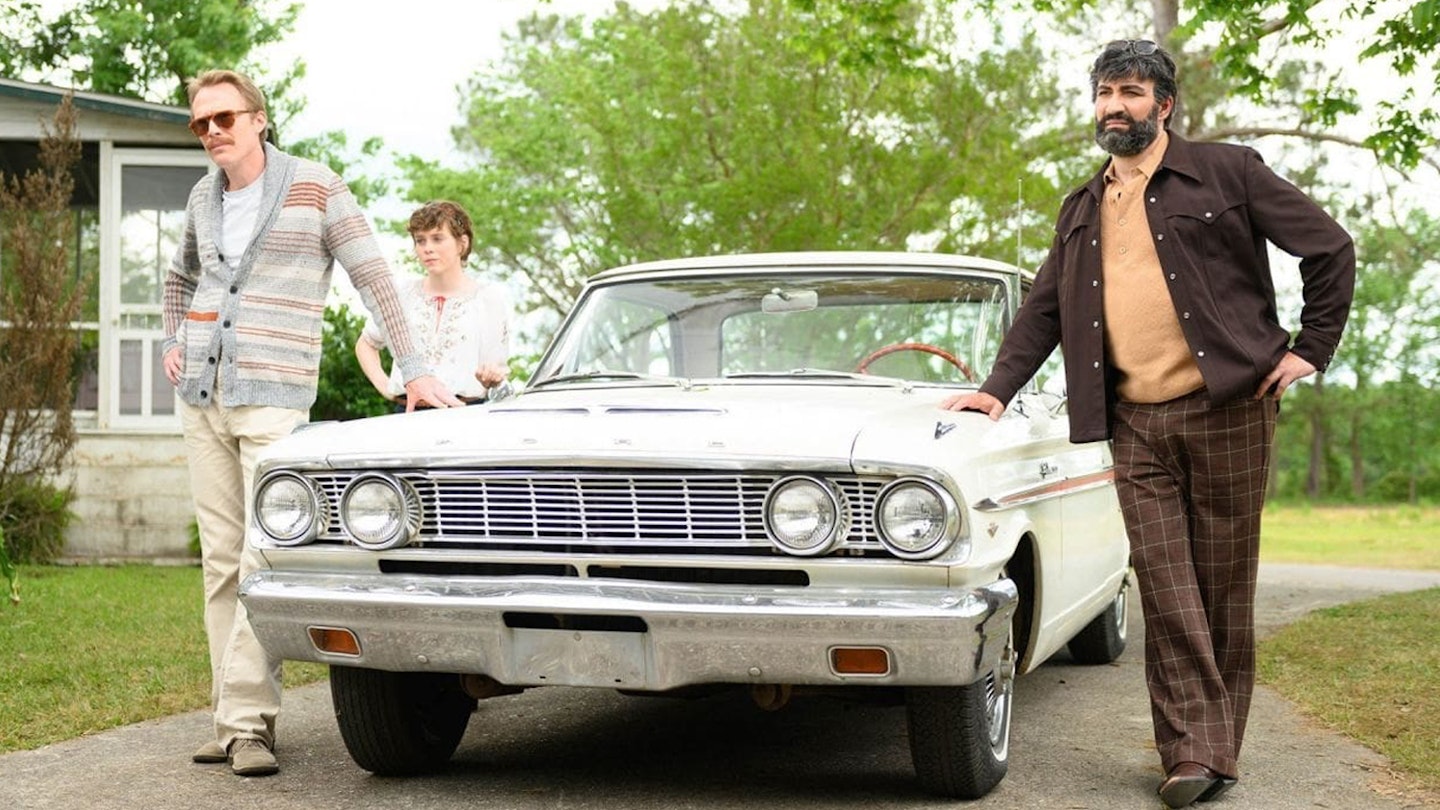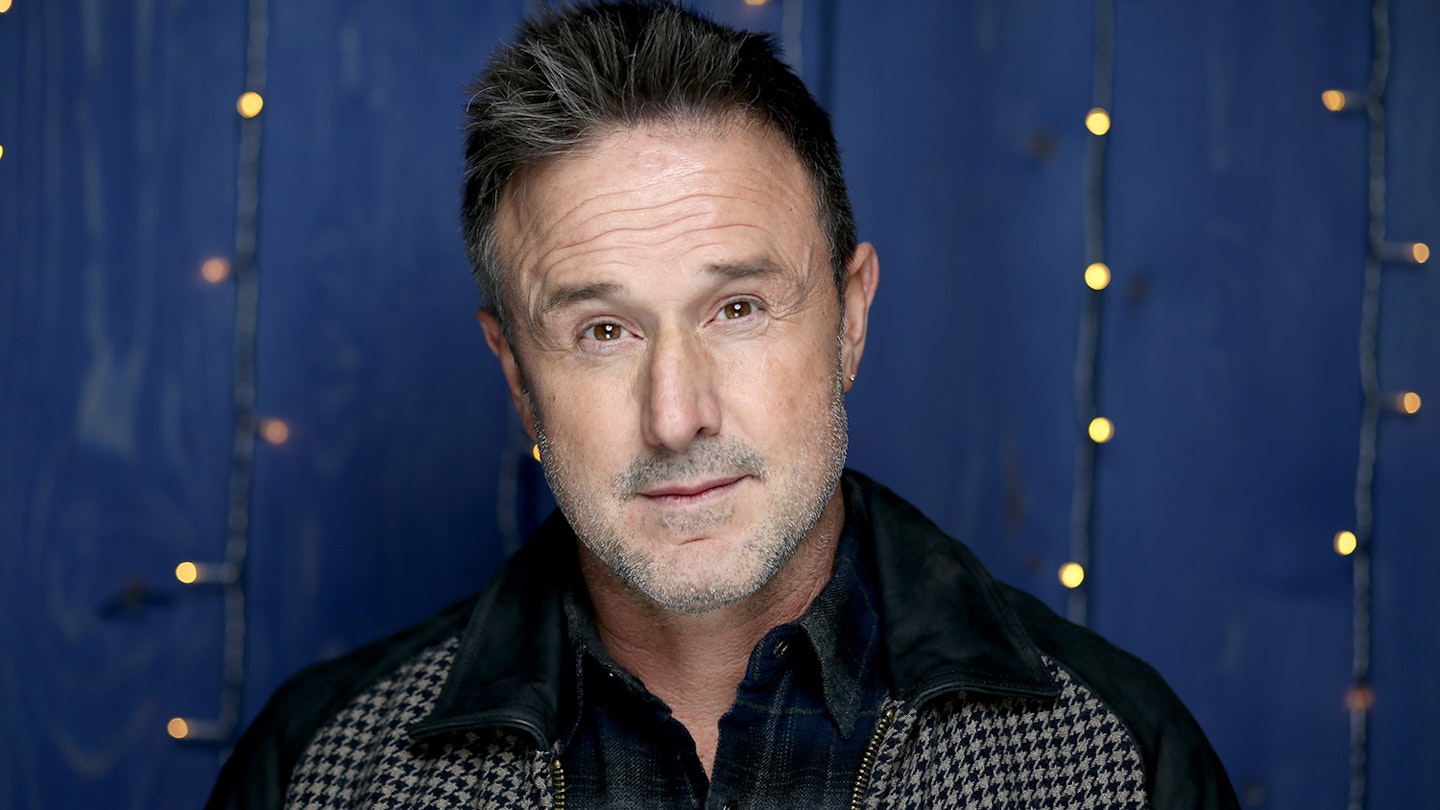Across his work, writer-director Alan Ball has proved masterful at tackling themes of life, death, LGBTQ+ stories and bigotry in small-town America. His latest exploration of those forces falls more towards the taboo-busting family drama of Six Feet Under than the gleefully campy schlock of True Blood, confronting tough topics with a warm generosity.

While Paul Bettany’s Frank drives the film, his story is observed through the eyes of Sophia Lillis’ Beth – a kindred spirit in the Bledsoe family, who recognises that her New York-residing uncle is smarter, more refined and quicker-witted than her relatives who have remained in Creekville, South Carolina. Flash forward a few years and she’s now a freshman at NYU – and upon turning up to a party at Frank’s Greenwich Village flat uninvited, she learns why he’s always kept himself at a distance within the family: he’s gay, and secretly living with his partner Wally (Peter Macdissi). If Uncle Frank opens like a coming-of-age drama – as Beth’s eyes are opened not only to the existence of LGBTQ+ communities, but also to boyfriends, drugs, and non-white perspectives – it soon morphs into a road movie when family tragedy strikes, prompting a long drive home.
The scene-stealer is Peter Macdissi, whose Wally is twinkly-eyed and witty, gregarious without being a flamboyant caricature
Lillis is likeable and wide-eyed as Beth, continuing the empathetic qualities she displayed in both chapters of It. But as the film continues she gets lost in the shuffle – this, really, is Frank’s story, and it feels somewhat disjointed as the former lead then takes a back seat for much of the runtime. Bettany clearly relishes the chance to dig into real, human drama away from the crimson visage he dons as the MCU’s Vision, but the scene-stealer is Macdissi, whose Wally is twinkly-eyed and witty, gregarious without being a flamboyant caricature. His gentle nature seems to radiate into the film itself for much of the runtime – whenever Ball telegraphs obvious sources of potential drama along the road, he chooses to avoid them, instead delivering something more refreshingly low-key.
Which makes the final act somewhat of a letdown, as Frank reconnects with his past and the inevitable emotional fireworks ignite in an explosion of alcoholism, lingering PTSD and homophobia, unbalancing the careful tone previously established. While Uncle Frank’s 95-minute runtime makes for a welcome pace, it all wraps up too quickly and neatly, Ball reaching for a pleasingly optimistic ending that doesn’t feel fully earned.
Still, Ball’s voice remains honest and probing and human, his writing and imagery full of wry observations – from the array of tray-food neighbours bring to a wake, to Frank and Wally’s pet lizard named Barbara Stanwyck. Its structure might be unwieldy, but Uncle Frank’s big heart is at least in the right place.

